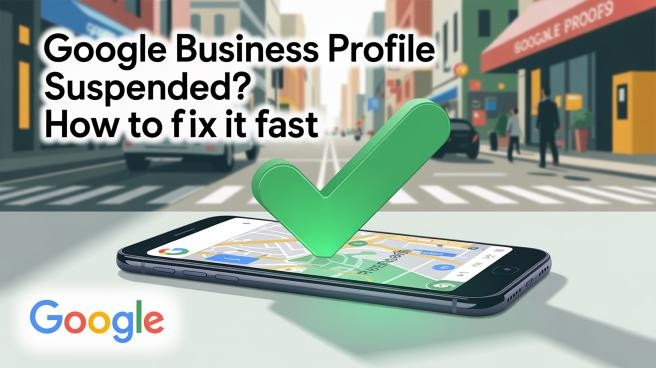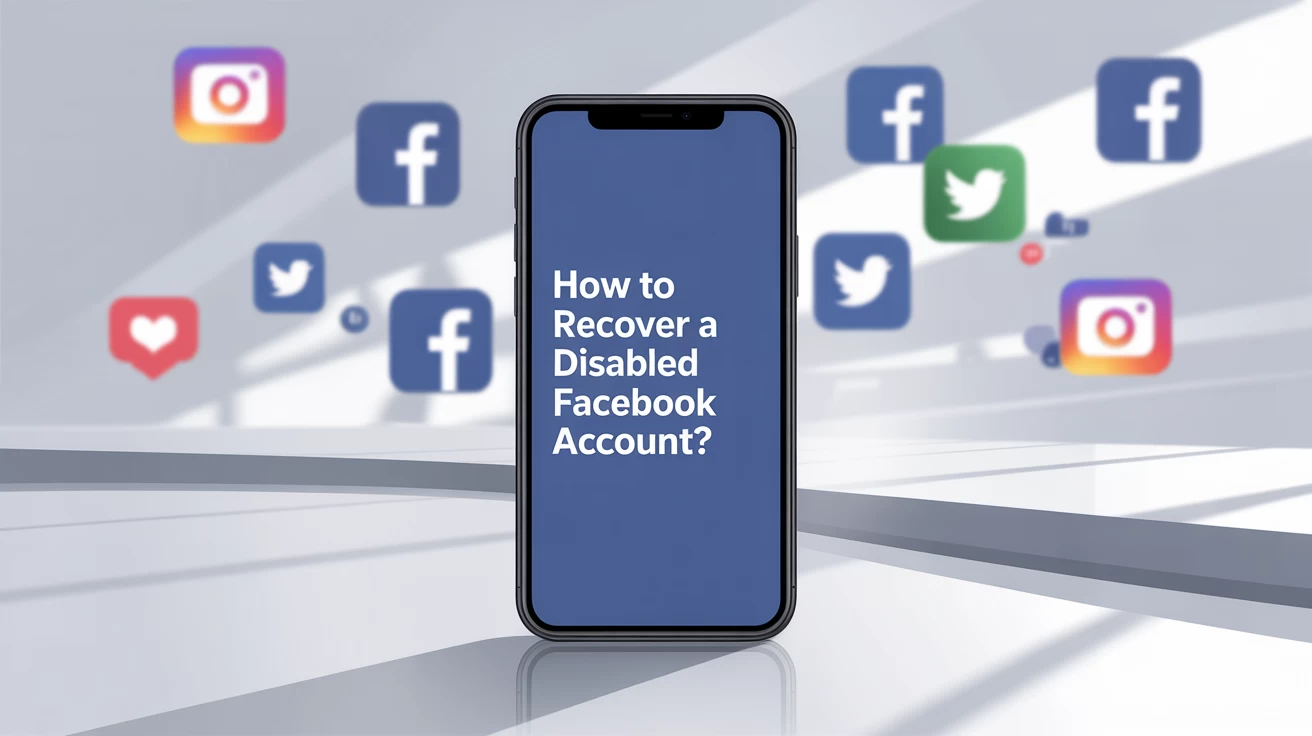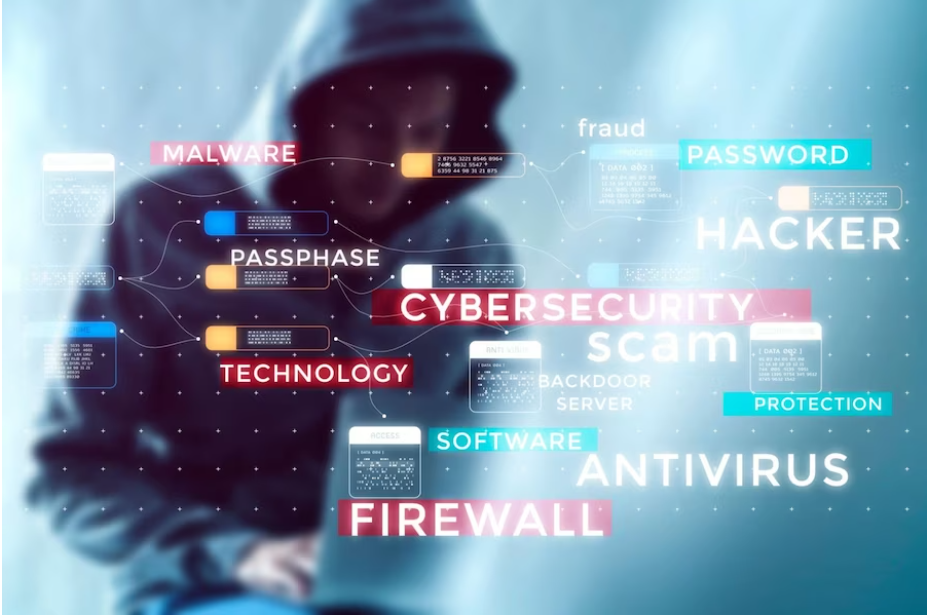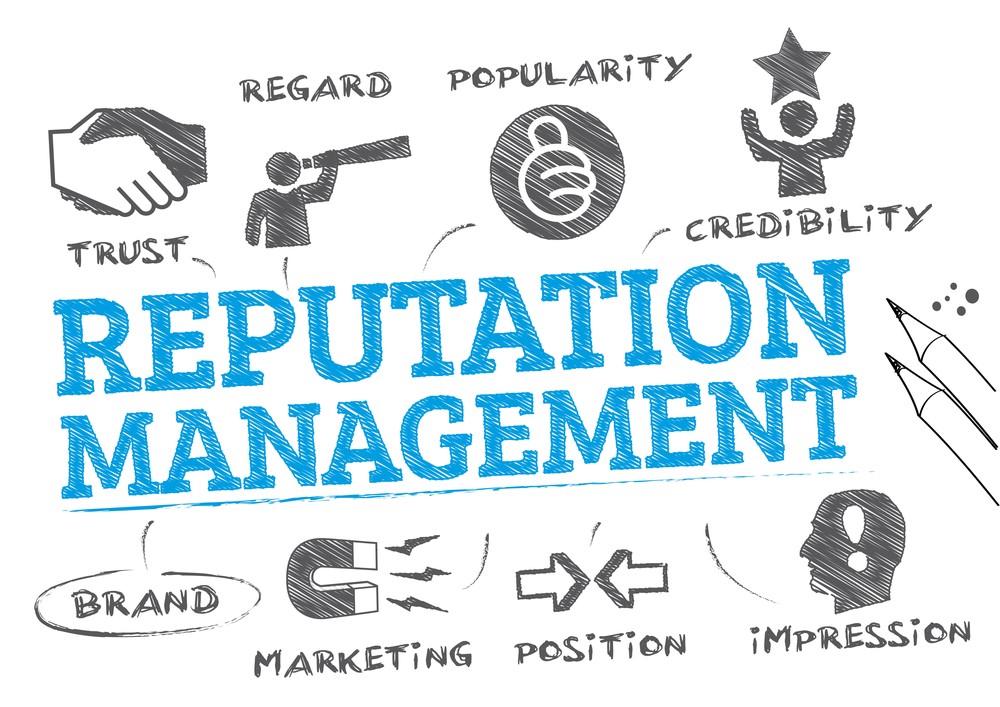How Ethical Hacking is Different from Normal Hacking?

Hacking is a term which is quite known to all. But while people always consider it an illegal activity, that may not be the case every time. Hacking is now used in many legal activities, which helps in overturning many criminal activities. Hackers basically find the mistakes in the design of an app and use those loopholes to crack into the system.
Normal Hacking vs. Ethical Hacking : Definition
Hacking is the exploration by hackers of security flaws, vulnerabilities, etc. with the ultimate intention of stealing and malicious use of data stolen.
The hacking that is done legally for the purpose of stopping malicious practices is known as ethical hacking. Ethical hacking actually helps the app developers determine the security of the app they have developed, as ethical hackers use the techniques usually used to break into the application to secure the working of the app. It will help the business by securing them from all potential threats and malicious purposes. The practices done by the ethical hackers are called “white hat tactics." Ethical hacking is now a very promising profession, and good white hat hackers are always in demand.
Whenever we discuss hacking and ethical hacking, the major discussion will revolve around the differences between white hat hackers and black hat hackers.
Hacking vs. Ethical Hacking: Intention
The intention of the hackers themselves is the main difference between black and white hackers.
The intention of black hat hackers is to:
- Disturbing the sync of the business’s data and destroying the entire database.
- Affecting the data network and interrupting its function.
- Stealing the information from a business's database of users' information.
The intentions of ethical hackers are always on the brighter side:
- To take care of the vulnerabilities of the security surveillance system.
- To assess the quality assurance of the security measures.
- Implementing data security regulatory compliance.
An ethical hacker protects the business and keeps the business protected, whereas a hacker works hard to weaken and ruin the entire system.
Legality of the hacking
With the above set of information, it can be quite easy to understand the legality of the hacking. Hacking is where the hackers break into the organization’s system without their permission or knowledge. It is an illegal process that is bound to have legal punishments. Ethical hacking is a process where the company appoints an ethical hacker to check the surveillance and security systems. It is also one of the fastest and highest paying professions in the IT world.
Hacking vs. Ethical Hacking: Tools
All kinds of hackers use the same hacking tools. The proficiency of the tools can only be determined by how well the hackers use them. A malicious hacker, or black hat hacker, has the sole intention of breaking the organization and using the stolen information against it. If the public gets to know that a business organization is hacked, the credibility and reputation of the organization are tarnished to the point of no return. A black hat hacker uses a single vulnerability to bring down the entire company. Whereas, an ethical hacker, with the permission of the organization, checks in for loopholes or vulnerabilities that eventually cause an entry point for illegal hacking and tries to close it up before an illegal hacker darts into that vulnerability. These are the major difference between ethical hacking and hacking.
Hacking vs. Ethical Hacking: Compensation
The difference between ethical hacking and hacking can be seen in how they are compensated as well. Hackers operate either as individuals or as teams. Normal hackers come together to illegally acquire sensitive business information and sell it to competitors or on the dark web. Ethical hackers are usually employees of the company, and therefore they are on the payroll of the company and acquire money through legal means.
Hacking vs. Ethical Hacking: Training
Most ethical hackers start their careers as "black hat" hackers. Hackers get into this field with innate curiosity and start building their expertise by getting their hands dirty. The next step is to take a proper course that makes them understand the legality and viability of the legal hacking process. The training received by both malicious hackers and ethical hackers is on the same grounds. White hat hackers finally get into good, reputable organizations after obtaining the necessary certifications.
Hacking vs. Ethical Hacking: Professional Development
Professional development for ethical hackers is quite progressive. They get high salaries when compared to the malicious hackers. Ethical hackers can also get an easy entry point for acquiring skills which will promote the total and encompassed growth of the professional. Eventually, an ethical hacker gets more advanced cybersecurity responsibilities. Normal hacking is very stressful, and the chances of getting caught will seldom give any job satisfaction.
With new-age technology rising day by day, the need for ethical hackers is on the rise, giving rise to a sea of opportunities for professionals. Hiring an ethical exclusively for data security needs will help you keep the sensitive information intact and thus saving the reputation of your company.
Also read Things to Consider While Choosing a Software Development Company
Related Blog

Google Business Profile Suspended? How to Fix It Fast

How to Recover a Disabled Facebook Account?

What to Do If Your Facebook Account Is Hacked and Your Email Is Changed

LinkedIn Shadow Ban: How to Avoid and Fix it

How to Recover a Hacked WordPress Website

How to start an IT company in Dubai

Best Ethical Hacking Companies in Dubai

Webflow vs WordPress Which is Better for Website Design?

20 Tips for Effective LinkedIn Marketing in Dubai

Top 10 Software Development Companies in Dubai


What is the Software Development required for Creating Payment Gateways?

How does Google treat AI Content in SEO?

How to create a proper content distribution strategy

How can Brand agencies bring success to B2B Business in the UAE?

Maximize Sales with e-commerce Advertising Strategies

Schema Markup for SEO: Boost Your SERP Visibility with Structured Data

FIVE STRATEGIES TO INCREASE YOUR BRAND LOYALTY

What are the Branding Strategies for a Small Business in the UAE?

How can digital marketing be useful for small businesses?

What are the Things to Consider for Hiring Creative Agencies?

What are the different ways to protect the website from unethical hacking?

What are the mistakes to avoid while customizing a WordPress website?

Why is Website Maintenance important for your Business?

Trends of Future Creative Agencies in UAE

How can AI transform digital marketing in the UAE?



How can a powerful Landing Page Design lead to higher conversion?

Checklist to build a winning e-commerce website


WHAT ARE THE SUCCESSFUL ELEMENTS REQUIRED FOR BRANDING A WEBSITE IN UAE?

What are the best web designing tools that can renovate your site?

What are the web designing strategies that can improve the SEO ranking?

How social media impacts the promotion of the business in the Future?

What is the SEO checklist involved in content writing?

Top Ten Mobile App Development Companies in UAE

How do we choose the best brand name for the business in UAE?

What are the top e-commerce Software Solutions required for the IT industry?

Why is user experience crucial in website development?

How to Choose the Right Ecommerce Platform for Your Business

How to Optimize Your LinkedIn Profile for Maximum Exposure?

How Can Branding Agencies in The UAE Promote Businesses?


Top 10 SEO Agencies in Dubai

TOP TEN MARKETING CONSULTANTS IN DUBAI

The Top 10 Must Have WordPress Plugins for Your Website

The Future of Facebook Marketing: Trends and Predictions

What are the successful CRM strategies?

Reasons why you should hire a professional branding agency

How Web Development Helps Your Business

How to Grow your digital agency in 2023?

Why Cyber Security is Important for Your Business

Key Factors for Choosing the Right System Integrators

How to Choose the Right Reputation Management Company

Things to Consider While Choosing a Software Development Company

Top 7 Reasons to Hire a Content Marketing Agency in Dubai

10 Factors to Consider While Selecting Web Designing Companies in Dubai

Importance and Benefits of SEO for Your Business

TIPS FOR CHOOSING A SOFTWARE TESTING COMPANY

Questions You Should Ask Before Choosing A Social Media Agency In UAE

How to Market your Local Business in Dubai?

How to choose a good digital marketing agency for your business in Dubai



